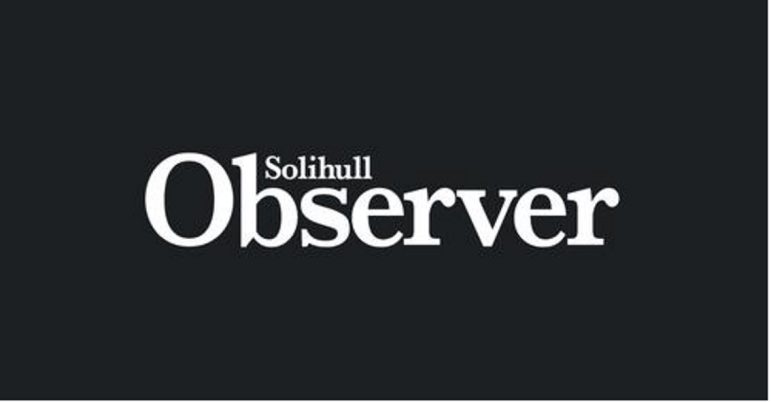Trust Deeds have emerged as a viable solution for individuals in Scotland struggling with overwhelming debt. They offer a structured approach to resolving debt issues, providing a way for debtors to manage their repayments and regain control of their financial situation. But what exactly are Protected Trust Deeds and how can they help you deal with your unsecured debts? This article aims to provide an overview of Trust Deeds, exploring their benefits, eligibility criteria, process, and potential implications.
Understanding Trust Deeds
Trust Deeds are formal arrangements that can allow you to repay your debts over a fixed period while protecting you from legal action by your creditors. Often referred to as a Scottish IVA, they are only available to those living in Scotland and are typically viewed as a less formal alternative to Bankruptcy. Trust Deeds are generally suited to individuals that have significant unsecured debts, such as credit card debts, personal loans, or overdrafts, or those unable to meet their repayment obligations. Once protected, all lenders included in the arrangement will no longer be able to take any action against you and all interest and charges will be frozen.
The Benefits of Trust Deeds
Trust Deeds offer several advantages for debtors. Firstly, they provide a structured repayment plan, allowing you to make affordable monthly payments based on your disposable income and how much you can realistically afford. This relieves the pressure of mounting debt and offers a clear path towards financial recovery. Trust Deeds also offer protection from creditor harassment, as once the arrangement is in place, creditors are legally bound to cease contact and legal action against you. Additionally, Trust Deeds provide you with the opportunity to achieve debt-free status within a fixed period, typically lasting four years, after which your remaining debts are written off.
Eligibility Criteria
Like most debt solutions, not everyone is eligible for a Trust Deed. To qualify, you must meet certain eligibility criteria. Firstly, you must be a resident of Scotland. Secondly, you must have unsecured debts amounting to a minimum threshold, usually £5,000 or more. Thirdly, you must demonstrate an inability to meet your current debt obligations, whether due to a job loss, reduced income, or other financial difficulties. Before committing to a Trust Deed, it is important to consult with a financial expert to assess your eligibility and explore alternative debt solutions that may be better suited to your financial situation.
Included Debts
Most debt solutions have limitations on the types of debt that can be included and a Trust Deed is no different. For example, secured debts, such as student loans and court fines, can’t be included in a Trust Deed. Most unsecured debts can be included in a Trust Deed, including:
● Personal loans
● Payday loans
● Credit cards
● Store cards
● Overdrafts
● Catalogues
The Application Process
The Trust Deed process involves several key steps. Start by seeking professional advice from a financial expert specialising in Trust Deeds. They will assess your financial situation, review your debts, income and expenditure, and determine the feasibility of a Trust Deed as a suitable solution. Next, you must work with an Insolvency Practitioner (IP) to prepare a proposal for your creditors, who have five weeks to vote on its acceptance. During this step, you must provide details of the accounts you want to include in your arrangement. If there are no objections after five weeks, your Trust Deed will become legally binding and you will be officially protected from further legal action and harassment.
Implications of Trust Deeds
While Trust Deeds offer significant benefits, it’s crucial you also understand their implications, including the impact they can have on your credit rating. Entering into a Trust Deed will be recorded on your credit file for six years from the date it was approved and have a negative impact on your credit score. This can affect your ability to access credit, such as a loan or a mortgage, in the future. During the Trust Deed period, you will also be required to contribute any surplus income towards your debts, potentially affecting your disposable income and forcing you to adapt your spending habits and lifestyle.
Fulfilling Your Obligations
Once a Trust Deed has been established, you will have certain obligations to fulfil. This includes making regular payments for the length of your payment term, providing accurate financial information, and cooperating fully throughout the process. Additionally, you must refrain from taking on additional debt during the duration of your arrangement without prior approval from your trustee, which is the third party charged with holding the untrusted property until the debt is repaid. Fulfilling your obligations is key to successfully completing your Trust Deed and enjoying a life free from debt.
Successfully Completing Your Trust Deed
Upon successful completion of the Trust Deed, you will be discharged from your remaining debts, providing you with a fresh financial start. During your arrangement, you must adhere to the agreed-upon terms and maintain consistent payments to ensure a successful outcome. Once the Trust Deed comes to an end, your trustee will prepare a final report known as a letter of discharge, which is sent to you, your creditors, and relevant authorities to confirm you have fulfilled the agreed-upon obligations. The Accountant in Bankruptcy (AiB) will also receive a copy of the letter and your record will be updated to reflect you being discharged from your Trust Deed.
Trust Deeds offer a valuable debt solution for individuals facing overwhelming financial burdens. By providing a structured repayment plan and protection from creditor harassment, a Trust Deed can empower you to regain control over your finances and work towards becoming debt-free. However, you must carefully consider the eligibility criteria, implications, and obligations associated with Trust Deeds. Seeking professional advice from a financial expert is vital in understanding the suitability of Trust Deeds and exploring the best debt solution for your individual circumstances. With careful planning and commitment, you can pave the way to a brighter financial future.











